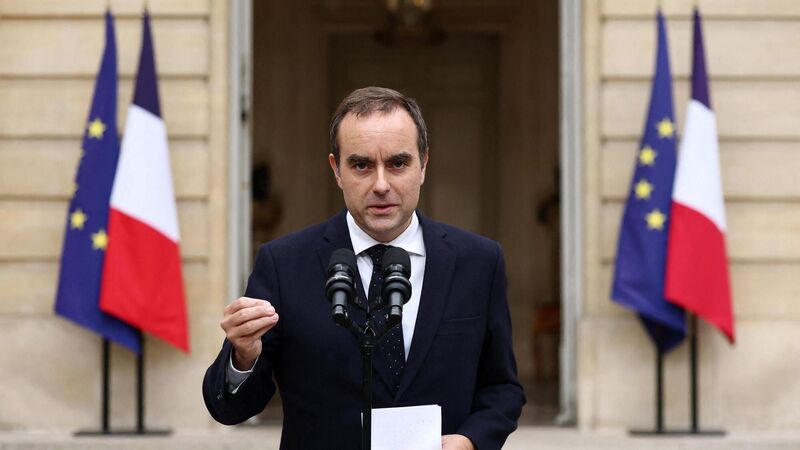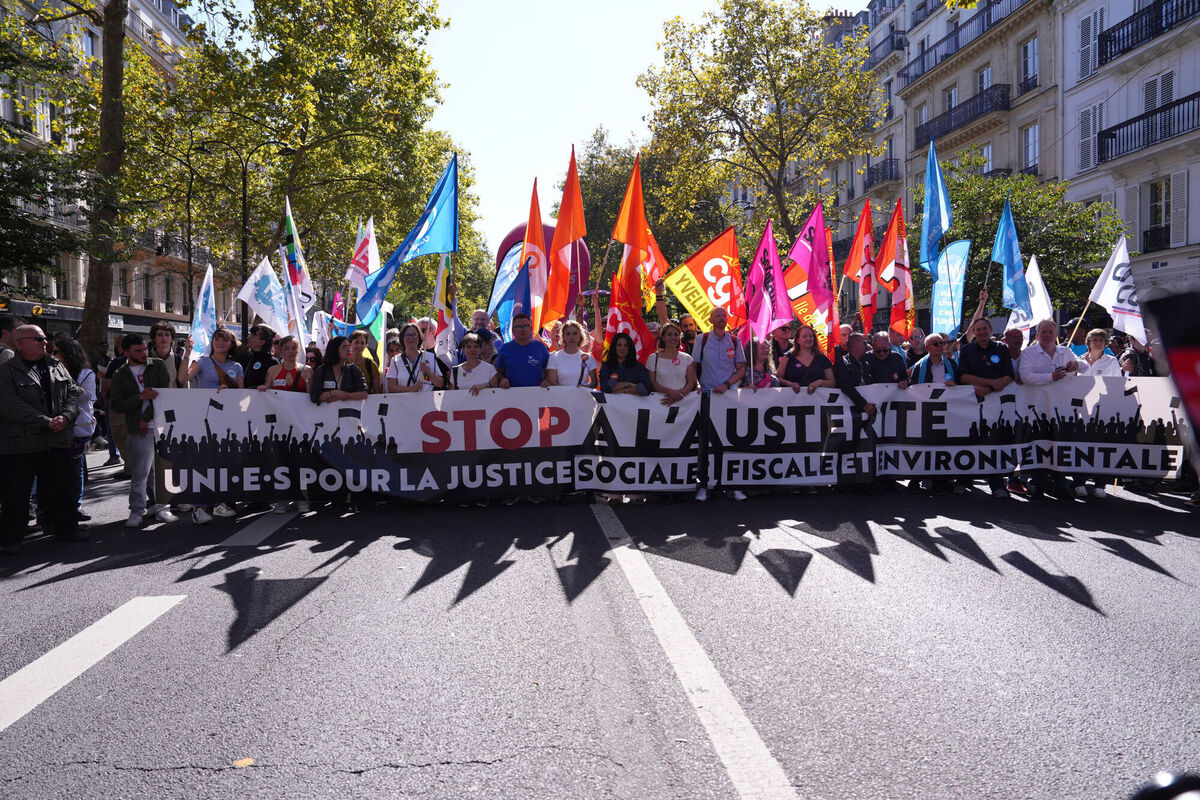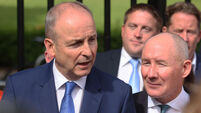France's political crisis has reached a new peak

French outgoing prime minister Sebastien Lecornu resigns on Monday just a day after naming his government. Photo: Stephane Mahe/Pool via AP
Even though the crossroad metaphor is often used, France finds itself at a dead end, with a political landscape more fragmented than at any point in the Fifth Republic’s history.
The recently appointed prime minister Sebastien Lecornu resigned on Monday, just hours after appointing his new cabinet on Sunday, after allies and foes alike threatened to topple his government.
The return of Macron's old ally Bruno LeMaire was the straw that broke the camel's back, observers believe. The resignation represents a major new development in the ongoing French political crisis, with an immediate drop in French stocks and in the euro.
The fragmentation in French political life has fostered a latent climate of social tension on the streets, ready to erupt at the slightest spark. Both in turn have generated economic anxiety among investors and financial markets while France’s debt has reached 114% of GDP with a phenomenal acceleration in the last three years.
How have we got to this point? There are three main reasons which can explain how France has got to here.
The National Assembly was dissolved in June 2024, but we should go back to 2022 to understand better the build-up of frustration and anger among French voters. When president Macron was re-elected in April 2022, he presumed that French voters would give him a majority in the legislative elections two months later.
This was not the case. He found himself in a tricky political situation with his party gaining only 246 seats when the overall majority is at 289. The political warning signs, after 18 months of yellow vest protests, were all there.

The far-right party, the Rassemblement National, saw its seats go from eight to 89. The socialists, greens and extreme left coalesced into one political group for the sake of the elections and increased their seats from 47 to 155.
This led to two years of a minority government which was constantly muzzling the parliament by using a constitutional article allowing for key pieces of legislation like the budget to be passed without debate. The National Assembly turned into a pressure cooker.
The lessons of those two years and the debacle of the European elections for Macron’s party led him to believe that giving a voice back to the people through anticipated legislative elections would be a good idea to "clarify the situation".
This resulted in a National Assembly even more fragmented into three equally divided blocs: The left, greens and extreme left with 182 seats; Ensemble (Macron’s party) with 168 seats; the far-right with 143 seats.
Rather than ask the largest party on the left to form a government, Macron decided to look to the right and has appointed three prime ministers who are all considered more or less supportive of his policies. The RN’s goodwill or otherwise towards the government has decided so far what is adopted in the National Assembly and what is not.
The second reason for France’s situation comes from the frustration felt by French voters.
There are two main causes that come back time after time in polls to explain the level of anger among French voters: the sentiment of utter social and fiscal inequality and injustice, that the rich are getting richer and the rest are getting poorer; the feeling that their voice is not heard.
No matter what they vote or what they express, people in charge of the country will not listen. France was ranked 1st out of 38 OECD countries in terms of the tax-to-GDP ratio in 2023 with 43.8%. Yet the quality of essential public services like hospitals, schools or the police is steadily declining as international rankings like PISA demonstrate.
The protests organised on September 10 and 18, the former by extreme left grassroot organisations and the latter by trade unions, have been successful without being tidal waves and bringing the country to a halt.

These protests led to prime minister Lecornu, as he was until Monday, to row back on symbolic budgetary measures like budgetary savings of €44bn in the 2026 budget or the scrapping of two bank holidays.
Despite the utter exhaustion of French citizens with their political and corporatist representatives, it remains uncertain whether the social situation is on the brink of conflagration or appeasement.
Finally, France’s financial situation has reached a head with a level of public debt which has dramatically increased in the last three years. Without considering the increase in GDP, French debt has gone up by €1trn in three years.
What was manageable at a time of low interest rates is becoming unsustainable with increasing interest rates and public spending. The reason for the last two governments’ resignation has been the budget and the severity of the cuts involved.
Lecornu appeared to be a much more conciliatory operator than his predecessors and resigned after controversy around appointment of his cabinet. However, the budgetary tight rope exercise that his replacement will have to engage with involves wooing the socialists with increased taxation of the ultra-wealthy while not losing any support on the right and extreme right.
This would be close to a miracle in a country that has no culture of grand coalitions and where political parties remain firmly ideologically defined. This financial and fiscal uncertainty also has an economic impact with companies freezing investment and hirings until they have a clearer picture now that the American tariffs have been agreed.
France’s political, social, financial, and economic situation has not been this uncertain and volatile in decades.
France operates a semi-presidential system where there is a balance between presidential and parliamentary powers. The government is accountable to the parliament and can be censured by it. There is a dual executive with both the president and the prime minister holding executive powers.
Now, after completing the biggest political heist of the Fifth Republic, Macron must find a new prime minister. A tough ask — but even that will leave him with just 18 months to make sure that his legacy is not about France’s economic bankruptcy and political instability, making it the new ‘sick man’ of Europe.
- Emmanuelle Schon-Quinlivan is a Senior lecturer in European Politics, Department of Government and Political Science, UCC












